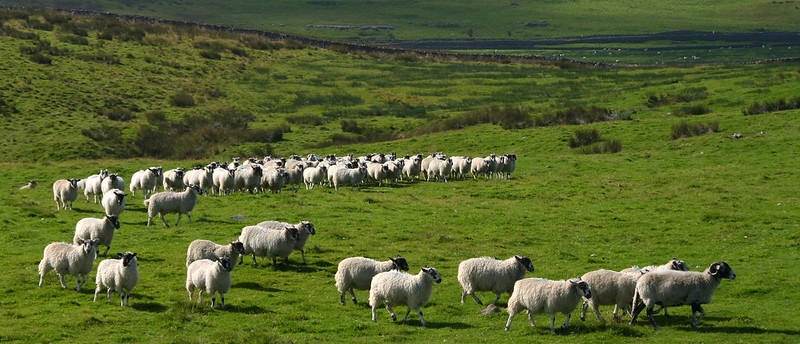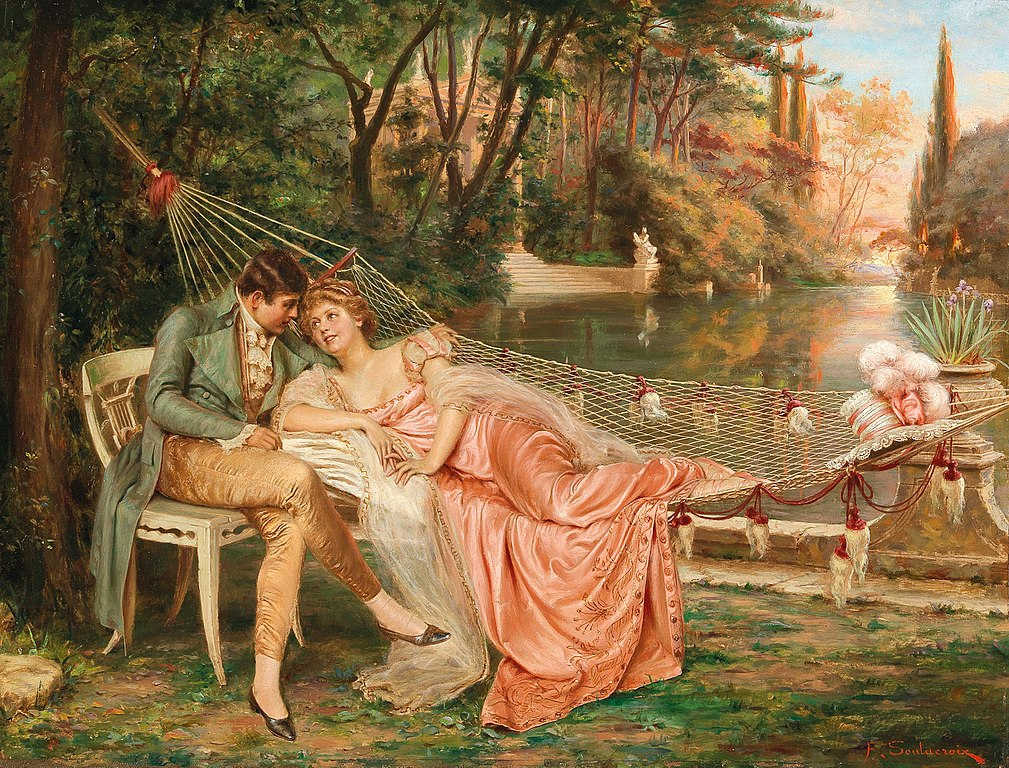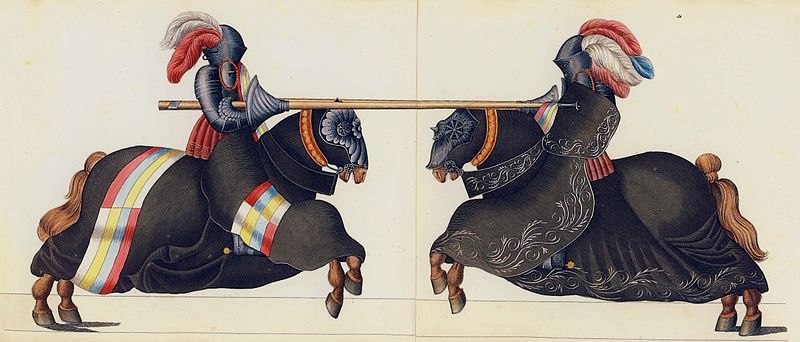viator
n. a wayfarer; traveler
nocuous
adj. likely to cause harm or damage
fulminant
adj. exploding or detonating
aggerose
adj. in heaps
British director Cecil Hepworth made “How It Feels To Be Run Over” in 1900. The car is on the wrong side of the road. (The intertitle at the end, “Oh! Mother will be pleased,” may have been scratched directly into the celluloid.)
Hepworth followed it up with “Explosion of a Motor Car,” below, later the same year.




